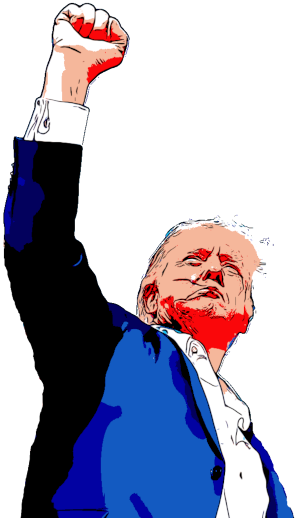Vance Outlines U.S. Strategy for Iran's Nuclear Program at Munich Security Conference
Vice President JD Vance discussed the U.S. approach to Iran’s nuclear program during a Munich Security Conference event in Washington, D.C., emphasizing a push for complete cessation.
During a recent Munich Security Conference event held in Washington, D.C., Vice President JD Vance provided insights into the upcoming U.S.-Iran nuclear talks. Vance highlighted President Donald Trump’s openness to future discussions with Chinese and Russian officials to curb nuclear proliferation globally. The next round of negotiations with Iran is scheduled to take place in Oman, marking the fourth round of discussions between U.S. and Iranian officials.
Vance criticized the previous Joint Comprehensive Plan of Action (JCPOA), known as the Iran nuclear deal, for its weak enforcement and for allowing Iran to maintain elements of its nuclear program. He stressed that the current administration is negotiating towards an agreement that would not only benefit the Iranian people but also ensure the complete cessation of any possibility of Iran acquiring a nuclear weapon.
The Vice President outlined three possible scenarios for the outcome of the negotiations. Option A, which he described as beneficial for the Iranian people, involves Iran fully integrating into the global economy without nuclear weapons. Option B, considered unfavorable, still prevents Iran from obtaining nuclear weapons but does not offer the same economic advantages. Option C, which Vance stated is completely unacceptable to the U.S., would allow Iran to develop nuclear weapons.
Vance also touched on broader U.S. objectives to prevent nuclear proliferation worldwide, suggesting potential future talks with China and Russia to reduce global nuclear arsenals. He expressed concerns that if Iran were to acquire nuclear weapons, it could trigger a chain reaction of proliferation across the Middle East, which he views as detrimental to U.S. interests and those of its allies.
As negotiations continue, Vance praised the efforts of intermediaries, particularly Oman, in facilitating constructive dialogue. He reiterated that the U.S. stance is firm: Iran can have civil nuclear power but not an enrichment program that could lead to nuclear weapons development. This position is in line with President Trump’s recent statements demanding the total dismantlement of Iran’s nuclear program.

